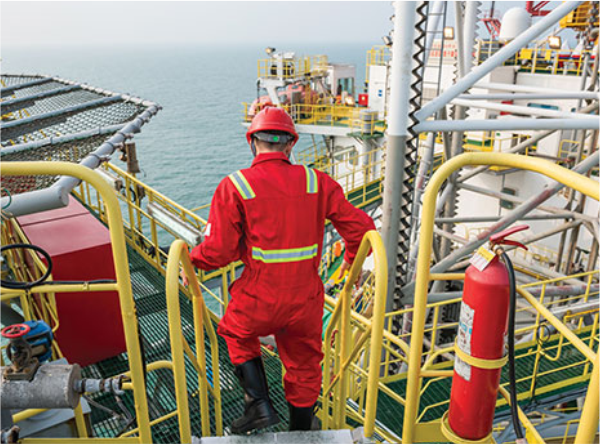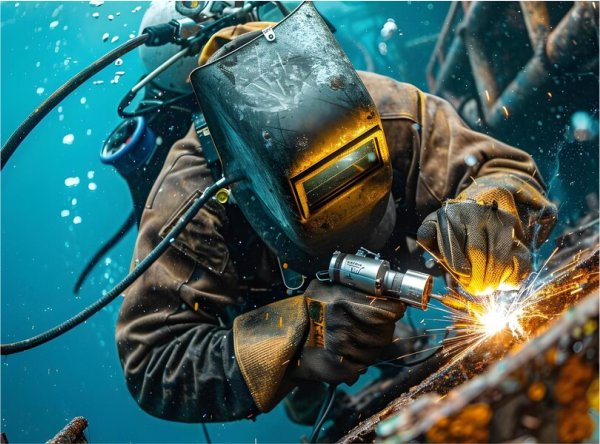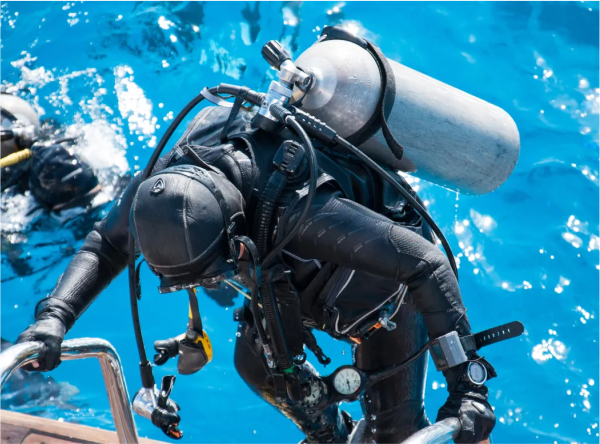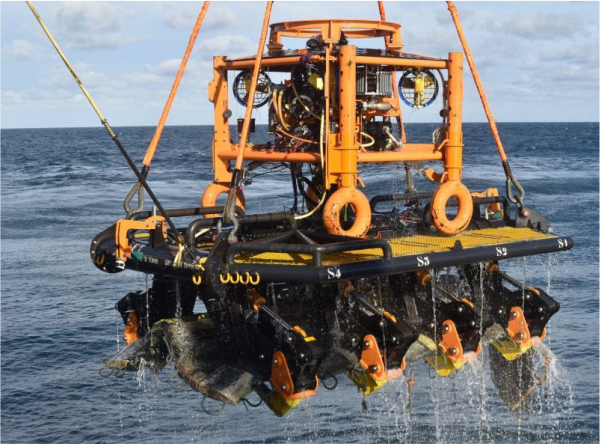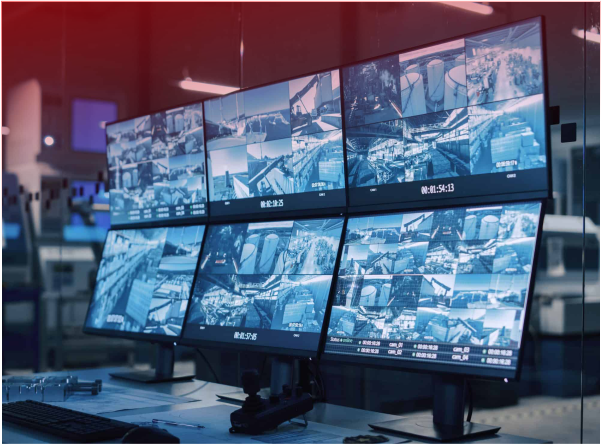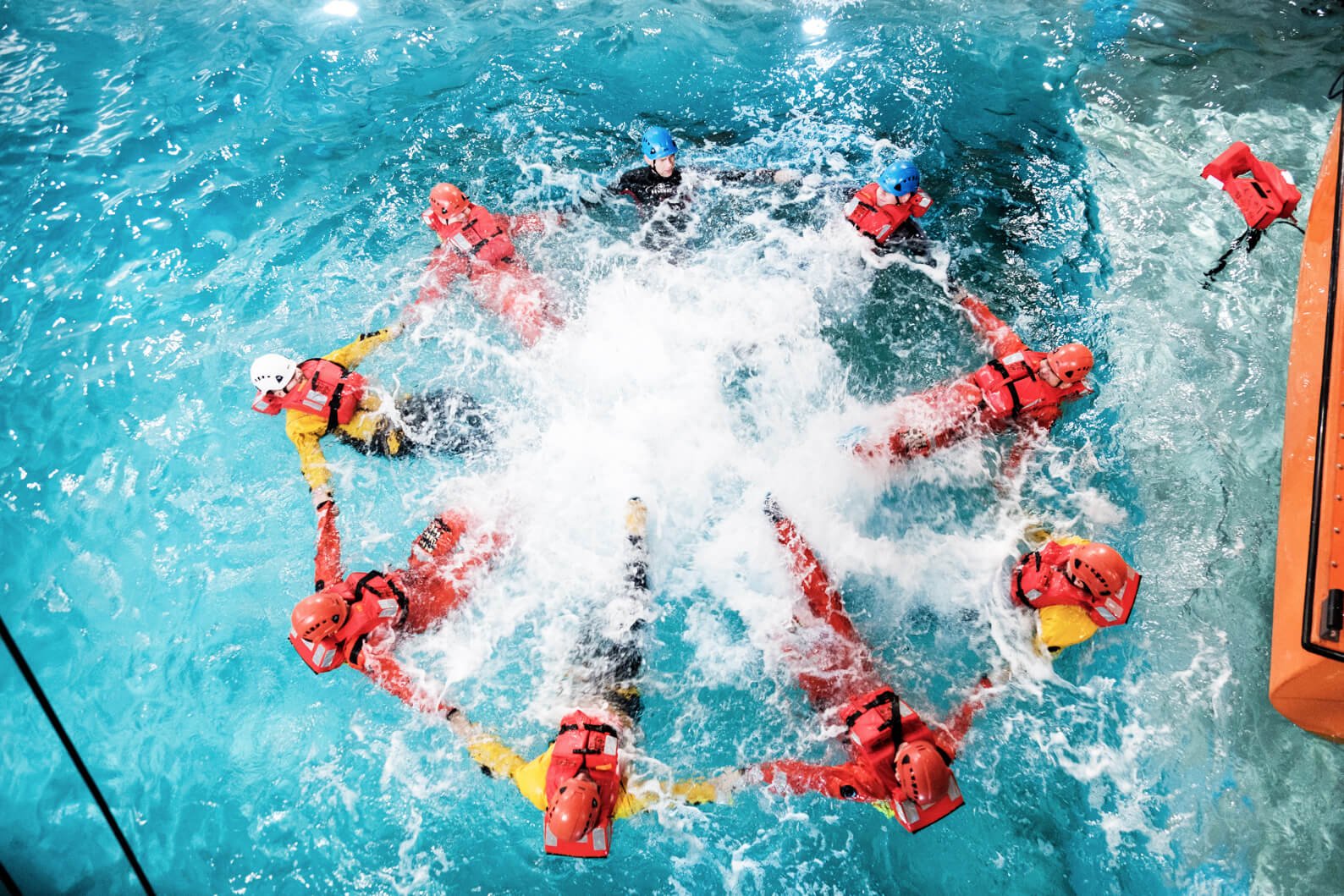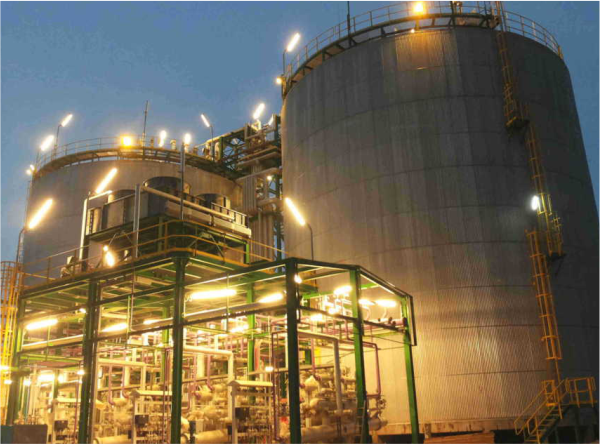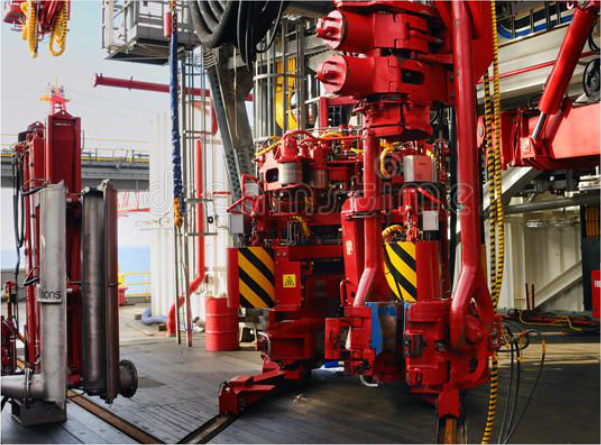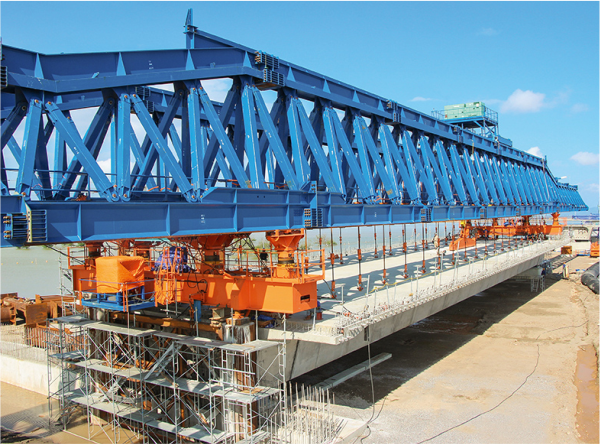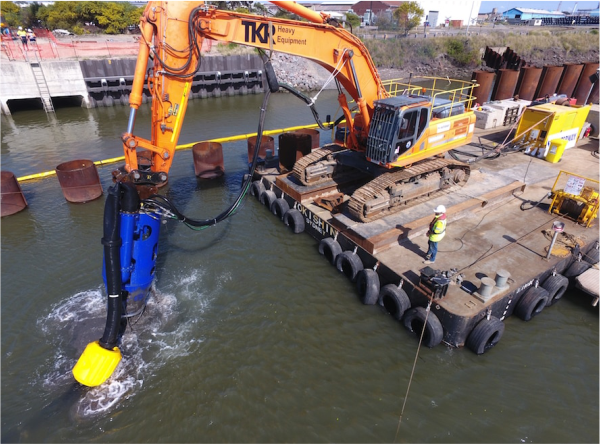Onshore and Offshore Radio Operation and Maintenance
Course Outline:
Onshore and Offshore Radio Operation and Maintenance
This training program is designed to equip participants with the skills needed to effectively operate, maintain, and troubleshoot radio communication systems in onshore and offshore environments. Participants will gain knowledge of radio technologies, safety protocols, and regulatory requirements specific to both onshore and offshore operations, particularly in industries such as oil & gas, marine, and industrial facilities.
Module 1: Introduction to Radio Communication Systems
- Basics of Radio Communication
- Understanding radio frequencies, wave propagation, and signal transmission
- Types of radio communication systems (HF, VHF, UHF) used in onshore and offshore operations
- Roles of Radio Operators
- Responsibilities of onshore and offshore radio operators
- Importance of communication in critical industries (oil rigs, maritime, industrial sectors)
Module 2: Offshore and Onshore Communication Protocols
- Offshore Communication
- Maritime communication standards (GMDSS)
- Use of marine VHF radios and satellite communication systems on offshore platforms
- Onshore Communication
- Land-based communication protocols (e.g., industrial plants, oil & gas fields)
- Communication between control centers and remote sites
- Communication Etiquette
- Standard operating procedures for clear and effective communication
- Understanding call signs, phonetic alphabets, and distress signals (MAYDAY, PAN-PAN)
Module 3: Equipment Overview and Setup
- Radio Equipment Types
- Handheld radios, base stations, satellite radios, and repeaters
- Selecting appropriate radio equipment for onshore and offshore environments
- Antenna Systems
- Antenna installation and optimization for signal strength
- Understanding different types of antennas (e.g., whip antennas, dipole antennas)
- Radio Setup and Configuration
- Installing and configuring radio systems for optimal performance
- Frequency selection and interference management
Module 4: Radio Operation and Best Practices
- Operation of HF, VHF, and UHF Radios
- Frequency selection and tuning for onshore/offshore conditions
- Correct use of squelch, volume control, and frequency selection
- Emergency Communication Protocols
- Handling emergency calls and distress signals
- Coordinating with emergency response teams in offshore and onshore scenarios
- Practical Exercises
- Hands-on radio operation for both onshore and offshore scenarios
- Role-playing communication scenarios, including emergency situations
Module 5: Radio System Maintenance
- Preventive Maintenance of Radio Systems
- Regular checks for system integrity (antennas, cables, power supplies)
- Routine inspection of handheld radios and base stations
- Troubleshooting and Repairs
- Identifying common radio faults (e.g., poor transmission, interference, dead zones)
- Basic repair techniques and when to escalate to professional maintenance
- Battery Management
- Proper care and maintenance of radio batteries
- Best practices for charging and prolonging battery life in offshore environments
Module 6: Safety and Regulatory Compliance
- Health and Safety in Radio Operations
- Safety protocols when handling radio equipment in hazardous environments
- RF (Radio Frequency) exposure and its health implications
- Compliance with International Standards
- Radio communication regulations (e.g., ITU, SOLAS)
- Licensing requirements for onshore and offshore radio operators
- Environmental Considerations
- Protection against weather conditions (offshore storms, saltwater exposure)
- Explosion-proof equipment for offshore platforms
Module 7: Advanced Technologies in Radio Communication
- Satellite Communication Systems
- Overview of satellite phones and satellite radios for offshore operations
- Usage of Inmarsat, Iridium, and VSAT systems
- Digital Radio Systems
- Transition from analog to digital radio systems (DMR, TETRA)
- Advantages of digital systems in improving communication reliability
Module 8: Practical Drills and Simulations
- Offshore Radio Communication Simulations
- Role-playing exercises for operating radios in offshore environments
- Drills for handling emergencies such as evacuations, fires, or rig breakdowns
- Onshore Control Room Simulations
- Simulating radio communication in industrial plants and remote site coordination
- Monitoring multiple radio channels and communicating with mobile units
Module 9: Assessment and Certification
- Written and Practical Assessment
- Written tests on radio operation procedures and safety protocols
- Practical tests in setting up, operating, and troubleshooting radio systems
- Certification
- Upon successful completion, participants will be awarded a certification in Onshore and Offshore Radio Operation and Maintenance
Course Duration:
- 5 Days (40 hours of comprehensive training)
Target Audience:
- Offshore and onshore radio operators, oil & gas industry personnel, maritime communication teams, and industrial site supervisors.
This course ensures that participants are fully equipped to handle the complexities of radio communication in both onshore and offshore environments, maintaining safety and operational efficiency at all times
Why Us!
Trust is our most cherished asset, serving as the foundation of
our journey in the oil and gas industry. Since our company's establishment in 2001, we have
remained diligent and focused in bidding for and executing projects for our clients in this
highly competitive and dynamic field.
Our commitment is to consistently deliver projects ahead of schedule while ensuring client
satisfaction. We also place great importance on maintaining strong interpersonal relationships
with our clients, welcoming feedback and suggestions to continually improve our services.
Quality Control System
We enhance our industry operations by relieving you of the worries associated with freight forwarding.
100% Satisfaction Guarantee
We are one of the Nations largest automotive parts recyclers and a widely recognized leader utilizing advanced
Highly Professional Staff
An integrated approach to providing engineering services allows our clients to benefit from the commercial logistical
Accurate Testing Processes
We’ll work with you on your portfolio, large or small. Together we’ll fine-tune your new construction, remodeling or renovation



